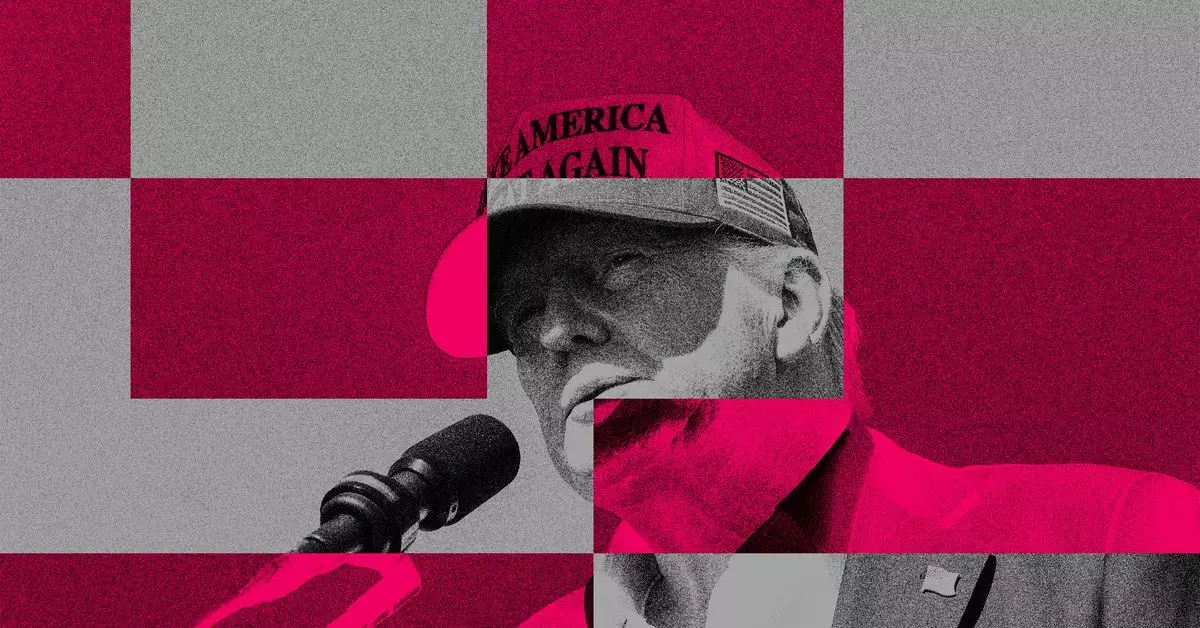The recent pardon granted to Ross Ulbricht, the infamous creator of the Silk Road marketplace, has sparked a multifaceted debate touching on the intersections of law, technology, and societal values. Serving a life sentence since 2015 for various charges including drug distribution, Ulbricht’s case has garnered attention not just for its legal ramifications but also for its cultural resonance within digital libertarian circles. This alignment with right-wing ideologies—especially among cryptocurrency advocates—has positioned Ulbricht as a controversial figure, embodying the tensions between state authority and personal freedoms in the digital age.
Established as one of the earliest commercial platforms for Bitcoin, Silk Road facilitated transactions for a vast array of illegal goods, from narcotics to forged documents, all while maintaining anonymity through the Tor network. This burgeoning illicit economy drew in countless users, many of whom were seeking goods that they perceived to be beyond the reach of conventional market dynamics. While many view Silk Road through a lens of criminality, it also embodies a wider cultural phenomenon—an underground market’s emergence in response to perceived injustices in the mainstream economy. This backdrop raises profound questions about the legal system’s approach to nonviolent crime and the ethical responsibilities of individuals operating in these digital spaces.
The Discrepancies in Sentencing
A notable point of contention surrounding Ulbricht’s case is the disparity in sentences handed down to those involved in similar operations. For instance, while Ulbricht was sentenced to life in prison, his counterpart Blake Benthall, who ran Silk Road 2.0, only served a year in detention with probation. The judge, in Ulbricht’s trial, cited the indirect consequences of drug-related fatalities as a justification for the severe sentence, highlighting how the justice system grapples with attributing moral responsibility within the complexities of digital transactions. Many are left questioning if justice has truly been served or if an overzealous application of law has taken place in Ulbricht’s case.
Ulbricht’s narrative offers a dual perspective: for some, he is a martyr for the cause of digital freedom, while for others, he is a cautionary tale of the potential perils of unchecked technological innovation. This divergence reflects broader societal conflicts around the role of technology in everyday life and the limits of individual agency within structured legal systems. As the debate surrounding Ulbricht’s pardon continues, it serves as a critical lens through which we interrogate the evolving relationship between technology, privacy, and governance.
The implications of Ulbricht’s pardon reach far beyond the walls of a courtroom. They stir a larger conversation about the future of law in an increasingly digital world, the ethical responsibilities of its stewards, and the ideological divides that technology creates.


Leave a Reply
You must be logged in to post a comment.